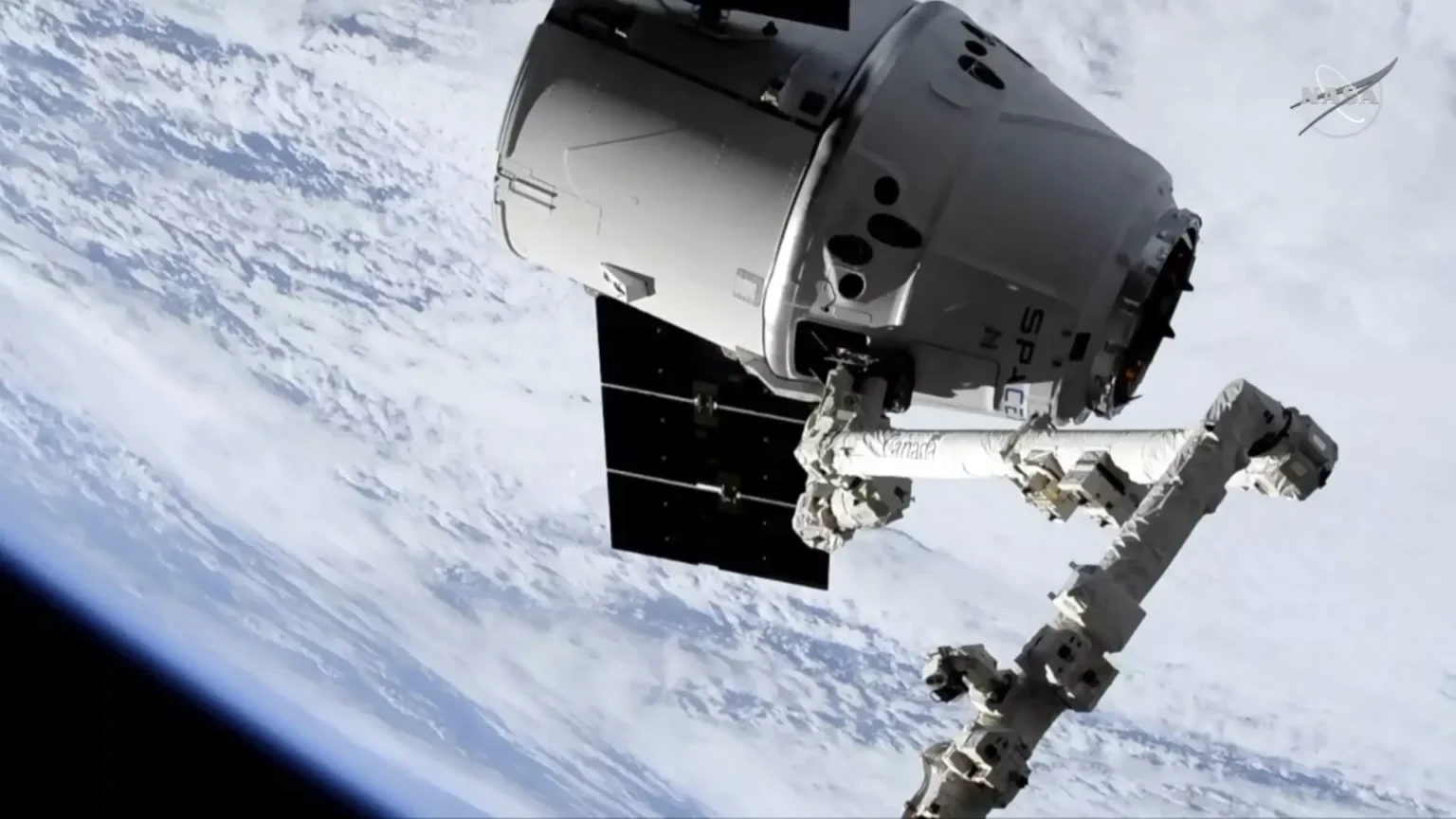“There’s a tremendous amount at stake if we lose access to space,” said Lieutenant General David Julazadeh, reflecting the high risks involved in space defense. Russia’s invasion of Ukraine marked the beginning of a new era of warfare, with private U.S. companies stepping in to provide satellite imagery of enemy movements and internet services for civilians.
NATO recognized the importance of space as a defense frontier in 2019 and is working to strengthen its capabilities, but it relies heavily on both governments and private companies like SpaceX. Last week, NATO hosted its first-ever space defense symposium in Toulouse, France, bringing together alliance officials, startups, and major companies like Airbus to outline priorities for space defense. While specific plans remain confidential and will be detailed at a July summit in Washington, NATO has highlighted key concerns.
“The types of threats are easy to identify—direct-ascent anti-satellite missiles, laser capabilities, jamming technologies, and dual-use systems,” said Lieutenant General Thomas James, deputy commander of U.S. Space Command. He warned that these threats are advancing more rapidly than many anticipate.
One top priority for NATO is “space domain awareness,” which involves monitoring both military and non-military activities in space. This has become increasingly critical as the number of satellites grows and their operations become more complex.
Russia, along with China, has tested counter-space technologies, including anti-satellite missiles that could potentially destroy or disable satellites. NATO condemned Russia’s 2021 anti-satellite missile test and declared that attacks in space could invoke Article 5 of the NATO treaty, which treats an attack on one member as an attack on all.
“Space is crucial to us,” said Angus Lapsley, NATO’s Assistant Secretary General for Policy and Planning. He emphasized that space might be the domain where NATO is tested first, potentially leading to a significant crisis. “Countries might be willing to endure pain in space in ways they wouldn’t tolerate on the ground,” Lapsley noted.
Currently, there are 7,560 active satellites orbiting Earth, with the U.S. leading with over 5,000, most of which are commercial. China follows with 628, and Russia with 181. Between the 1970s and 2010, NATO operated its own space satellites, but now it relies on the national satellites of member states like France, Italy, and the UK. Given Europe’s limited satellite assets and the high cost of space operations, collaboration with the private sector has become essential.
This raises questions about how to safeguard critical infrastructure provided by private companies and whether relying on businesses like Elon Musk’s SpaceX could introduce bias or vulnerabilities. Lapsley mentioned that NATO might consider owning some of its space assets in the future, though this hasn’t been confirmed. More likely, NATO will use a mix of privately-owned, state-owned, and multi-ally assets.
“Sometimes it’s smarter for a government to purchase services rather than investing heavily in technology that will quickly become outdated,” Lapsley explained.
Europe is playing an increasingly important role in the space sector, especially with the upcoming launch of Arianespace’s second-generation satellites for Galileo, Europe’s global navigation system. “European technology is definitely an asset,” said Giorgio Cioni, NATO’s director of armament and aerospace capabilities.
For NATO, it’s not just about satellites—it’s also about effectively interpreting the data they provide. Another key challenge is ensuring NATO’s 32 members work together seamlessly in the space domain. “Raising the space IQ of all nations is crucial,” noted Julazadeh, pointing out that some countries within the alliance still lack space capabilities.
Failing to secure space defense would be catastrophic for NATO. “If we lose access to space, we lose our ability to track forces, communicate with troops globally, and monitor adversary movements,” warned Julazadeh. “There’s a tremendous amount we would lose.”
